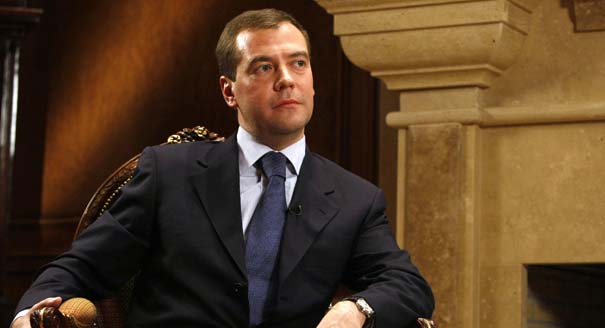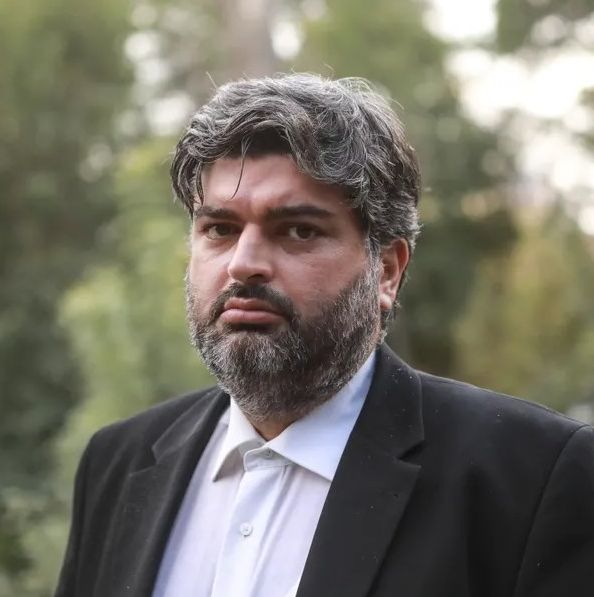A prophetic Romanian novel about a town at the mouth of the Danube carries a warning: Europe decays when it stops looking outwards. In a world of increasing insularity, the EU should heed its warning.
Thomas de Waal
{
"authors": [
"Nikolay Petrov"
],
"type": "legacyinthemedia",
"centerAffiliationAll": "",
"centers": [
"Carnegie Endowment for International Peace",
"Carnegie Russia Eurasia Center"
],
"collections": [],
"englishNewsletterAll": "",
"nonEnglishNewsletterAll": "",
"primaryCenter": "Carnegie Russia Eurasia Center",
"programAffiliation": "",
"programs": [],
"projects": [],
"regions": [
"Caucasus",
"Russia"
],
"topics": [
"Political Reform"
]
}
Source: Getty
From Putin’s staged call-in show to Medvedev’s "citizens vs. officials" program, Russia’s virtual politics provides only the illusion of government transparency and improvement.
Source: The Moscow Times

As president, Putin put on a series of staged call-in shows that promised to provide citizens with a direct line to the president. By the end of his presidency, the annual televised shows had broken their own records for the number of questions sent in (2.5 million, or one for every 50 Russian citizens) and the number of questions answered by the president (dozens).
President Dmitry Medvedev, however, has not been able to manage a similar line of communication with the people, even with the careful selection of participants and the prior agreement of questions. So Medvedev has not followed in the path of his more telegenic and smooth predecessor with the call-in shows.
Carnegie does not take institutional positions on public policy issues; the views represented herein are those of the author(s) and do not necessarily reflect the views of Carnegie, its staff, or its trustees.
A prophetic Romanian novel about a town at the mouth of the Danube carries a warning: Europe decays when it stops looking outwards. In a world of increasing insularity, the EU should heed its warning.

Thomas de Waal
For a real example of political forces engaged in the militarization of society, the Russian leadership might consider looking closer to home.

James D.J. Brown
The EU lacks leadership and strategic planning in the South Caucasus, while the United States is leading the charge. To secure its geopolitical interests, Brussels must invest in new connectivity for the region.

Zaur Shiriyev
Instead of a guaranteed ally, the Kremlin now perceives Armenia as yet another hybrid battlefield where it is fighting the West.

Mikayel Zolyan
The supposed threats from China and Russia pose far less of a danger to both Greenland and the Arctic than the prospect of an unscrupulous takeover of the island.

Andrei Dagaev